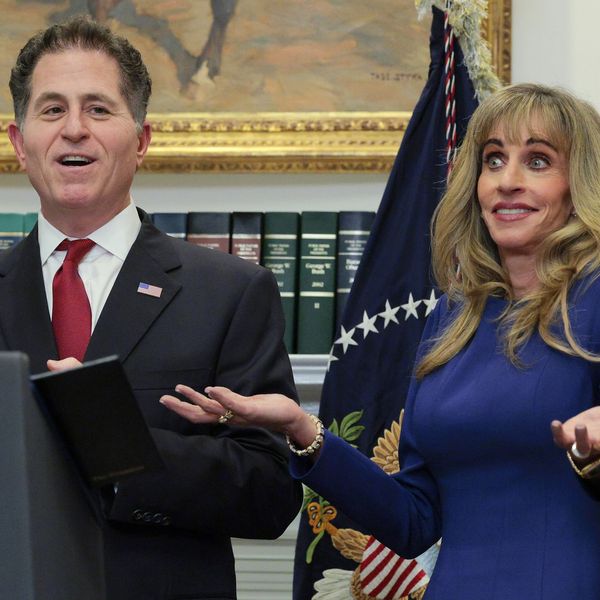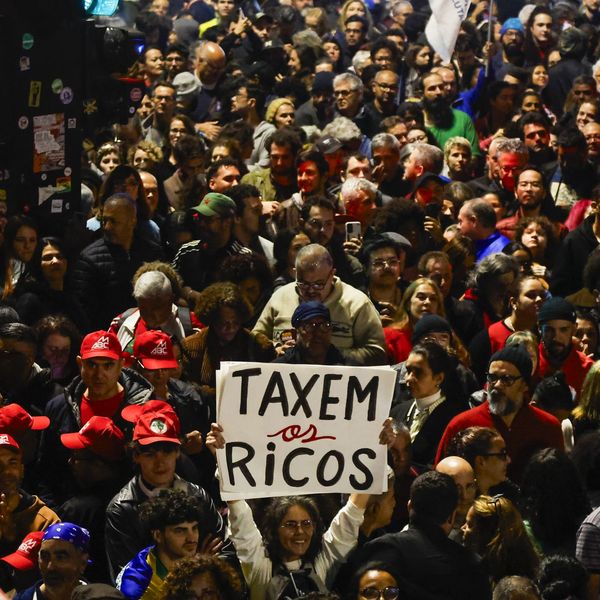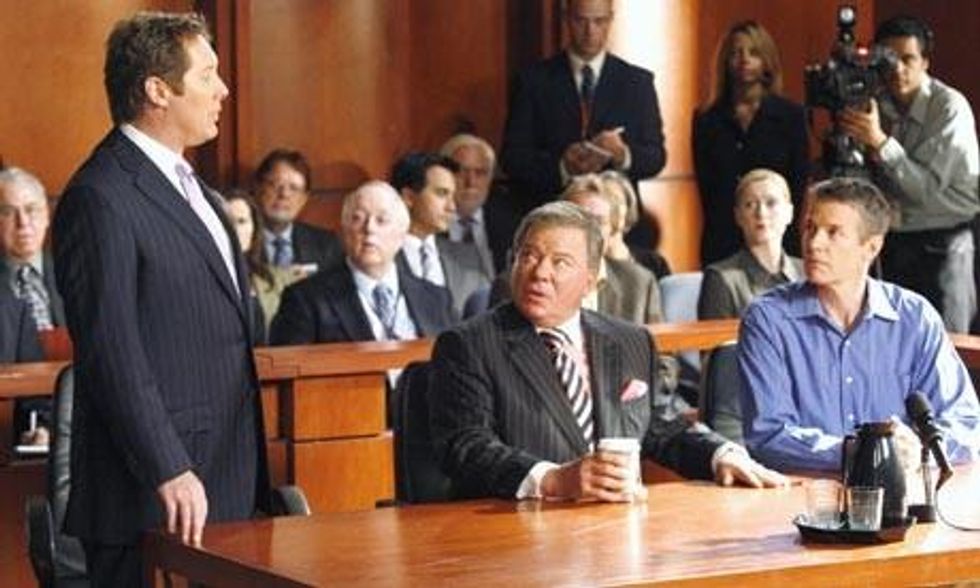With an historic vote in the state senate for repeal of that state's death penalty statute, Maryland is on track to become the 18th US state to abolish capital punishment. As much as such repeals are worth celebrating, though, they reform just one aspect of a criminal justice system in which poor defendants are provided shoddy, substandard legal representation, if any at all, and innocent people are convicted and imprisoned and, on occasion, may even have been executed.
Coincidentally, 18 March marks the 50th anniversary of the landmark US supreme court decision in Gideon v Wainwright, which ruled that states under the 14th amendment must provide counsel to criminal defendants who cannot afford a lawyer. The right to counsel already existed in federal criminal prosecutions under the sixth amendment, but the supreme court forcefully reiterated that.
Sadly, five decades after Gideon, most courts ignore the constitutional right to counsel by inadequately funding equal representation (pdf) for the indigent. In many cases, this right exists only on paper, as there is no public will or interest on the part of government to provide competent lawyers to poor people. Many courts administer cases quickly and with all the thoughtfulness and deliberation of a fast-food restaurant. What we have then is "McJustice", as one Minnesota judge described it.
Even a well-educated layperson charged with a crime knows little or nothing about the law, and "requires the guiding hand of counsel at every step in the proceedings against him", the supreme court concluded in Gideon. After all, what if the defendant is not properly charged, or the evidence is insufficient for a conviction? The average person lacks the proper knowledge and training to defend himself or herself. The court realized that there can be no equality before the law if the poor have no lawyers; what results is that justice is meted out on the basis of one's personal wealth.
According to Stephen Bright, president and senior counsel at the Southern Center for Human Rights, who has represented indigent defendants and argued cases before the supreme court, the representation that most people receive in the US criminal justice system falls far short of the standards set out in Gideon. And when judges, prosecutors and defense lawyers ignore the constitutional right to counsel, the entire system is lacking in integrity and cannot be trusted.
In an upcoming Yale Law Journal article, which he authored with Yale fellow Sia Sanneh of the Montgomery, Alabama-based Equal Justice initiative, Bright argues that most state, county and municipal governments fail to adequately fund legal counsel for the poor. These courts, which often allow inadequate lawyering for the sake of disposing of cases with expediency and efficiency, are responsible for 95% of the criminal prosecutions in the US.
The problem, according to Bright and Sanneh, is the adversarial legal system in the US, in which the prosecution and the defense are required to conduct investigations, examine the evidence and choose witnesses, and come before a neutral arbiter. In stark contrast, the majority of nations adhere to an inquisitorial legal system, in which a judge is in charge of investigations and establishing the facts of the case.
The adversarial system unravels when the prosecution possesses far more resources than the defense and holds all the cards. Free of regulation or oversight, prosecutors have absolute discretion regarding who is charged and how severely, and they can over-charge a defendant, even with death, as a bargaining chip. Many prosecutors have no obligation to disclose what they know about a case to the defense, and they seek plea bargains, in which they seek a lesser charge in exchange for a guilty plea from the defendant.
In other words, prosecutors play to win in a one-sided system stacked in their favor (pdf). Justice becomes that which is traded and bartered, rather than a matter of determining who truly committed the crime.
As the supreme court has noted, 94% of state court convictions are brought about by guilty pleas, and 97% of convictions in federal courts are secured through guilty pleas. Thousands of poor people are processed through the system without legal representation, spending months in jail awaiting trial, and many enter these pleas without speaking to a lawyer. Many court-appointed attorneys are overburdened with oppressively large caseloads: they lack the time, the resources, even the qualifications in some cases, to properly represent a criminal defendant.
The costs of maintaining such a dysfunctional system are clear. With roughly 2.5m people in prison and 5m on probation or parole, the US is the world's foremost jailer. Nearly 800,000 people work in a corrections industry worth $74bn a year. Those who are behind bars typically are poor and disproportionately members of racial minority groups. Unlike high-profile celebrities, politicians and corporate executives, they could not afford a legal dream team or the best justice money can buy.
Currently, the National Registry of Exonerations tallies 1,060 cases since 1989 in which someone was wrongfully convicted of a crime and exonerated of all charges. In 42% of these cases and 56% of homicide cases, official misconduct was a contributing factor. According to the Death Penalty Information Center, 142 death row prisoners have been exonerated over the past 40 years, each spending an average of nearly 10 years on death row for the crime of another.
America's failure to provide every person the "guiding hand of counsel" at trial takes a toll on individuals, their families and their communities. Until the US adheres to the Gideon decision in word and deed, the nation will continue to maintain a sham system of McJustice.


